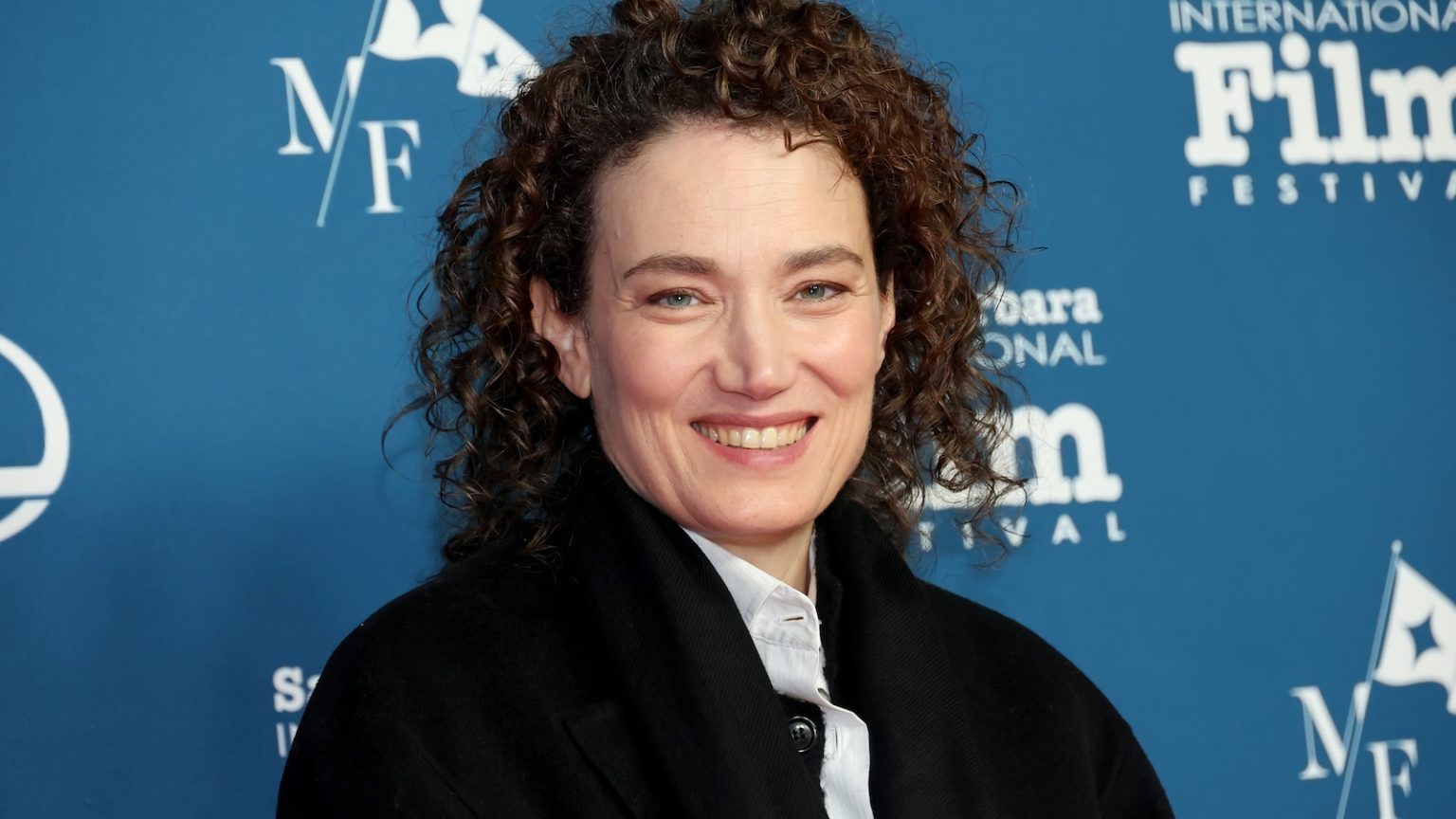A Historic Milestone: Coralie Fargeat’s Oscar Nomination and Its Significance
Coralie Fargeat’s Best Director nomination for her film The Substance at the 2025 Oscars is more than just a personal achievement; it is a landmark moment in the history of women in cinema. This nomination marks only the 10th time a woman has been recognized in the Best Director category since the Academy Awards began nearly a century ago. If Fargeat were to win, she would join an exclusive group of just three women—Kathryn Bigelow, Chloé Zhao, and Jane Campion—who have claimed the prestigious award. As the industry continues to evolve, Fargeat’s nomination shines a light on the progress made and the barriers still to be broken for female filmmakers. This year’s Oscars serve as a reminder of the enduring struggle for gender equality in Hollywood and the importance of celebrating milestones that pave the way for future generations of women in film.
A Historical Overview of Women Directors at the Oscars
The journey of women directors at the Oscars has been a long and winding road. Lina Wertmüller became the first woman to ever be nominated for Best Director in 1977 for her film Seven Beauties. This groundbreaking moment marked the beginning of a slow but steady wave of female filmmakers breaking into the male-dominated category. Wertmüller’s nomination was a cultural milestone, even though her film ultimately didn’t win. Over the years, women like Jane Campion, Sofia Coppola, Kathryn Bigelow, Greta Gerwig, Emerald Fennell, Chloé Zhao, Justine Triet, and now Coralie Fargeat have followed in her footsteps, challenging the status quo and redefining what it means to be a director in Hollywood.
The 21st Century: A New Wave of Female Directors
The 21st century has seen a surge in recognition for women directors, with several making history at the Oscars. In 2010, Kathryn Bigelow became the first woman to win the Best Director award for her gripping film The Hurt Locker. Her victory was a watershed moment, proving that women could excel in genres traditionally dominated by men. Since then, filmmakers like Greta Gerwig (Lady Bird) and Chloé Zhao (Nomadland) have continued to push boundaries. Zhao’s win in 2021 was particularly significant, as she became the first woman of color to claim the Best Director title. Her story is a testament to the resilience and creativity of women from diverse backgrounds making waves in the film industry. As more women take the helm, their stories are reshaping the cinematic landscape and inspiring a new generation of filmmakers.
The Power of Representation: Women Behind the Camera
Representation matters, and the stories women tell often reflect their unique perspectives and experiences. Jane Campion, who became the second woman to win Best Director for The Power of the Dog in 2022, emphasized this in her acceptance speech, noting how the task of manifesting a world through storytelling can be overwhelming but deeply rewarding. Campion’s win also highlighted her status as the first woman to be nominated for Best Director twice, showcasing her enduring talent and influence. Similarly, Emerald Fennell’s nomination for Promising Young Woman in 2021 demonstrated how women are using their platforms to tackle bold, unflinching subjects that resonate with audiences worldwide. These achievements underscore the importance of women’s voices in storytelling and the need for more opportunities for female filmmakers to thrive.
Breaking Barriers: The Legacy of Women Directors
The trailblazers who have been nominated and won Oscars for directing have left an indelible mark on cinema. Sofia Coppola, for instance, made history as one of the youngest women to be nominated for Best Director for her 2003 film Lost in Translation. Her win for Best Original Screenplay that year showcased her versatility as both a writer and a director. Justine Triet, who became the ninth woman to be nominated for Best Director for Anatomy of a Fall in 2024, further proved that women are capable of crafting complex, thought-provoking narratives that captivate audiences. Each of these women has, in her own way, challenged stereotypes and expanded the possibilities for female filmmakers. Their legacies serve as a reminder that talent and vision know no gender.
A New Chapter: Coralie Fargeat and the Future of Women in Film
Coralie Fargeat’s nomination for The Substance in 2025 marks a new chapter in the ongoing story of women directors at the Oscars. Her film, which has also been recognized in categories like Best Picture and Best Original Screenplay, is a testament to her skill and dedication as a filmmaker. If she wins, she would become the fourth woman to take home the Best Director award, further cementing her place in cinematic history. Regardless of the outcome, Fargeat’s nomination is a beacon of hope for aspiring female directors everywhere. As the industry continues to evolve, it is clear that women are no longer on the fringes of filmmaking—they are at the forefront, shaping stories that resonate with audiences around the world. The Oscars, while just one measure of success, serve as a powerful platform to celebrate these achievements and inspire the next generation of women behind the camera.














